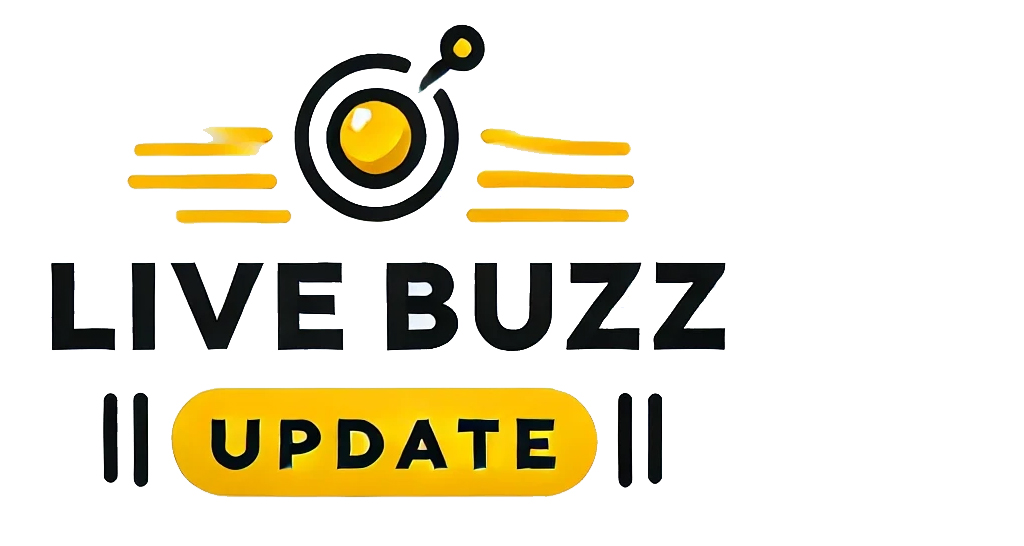The recent claim by Sean “Diddy” Combs, better known as Diddy, has sparked massive debates not only in the music and entertainment industry, but also among the general public and law professionals. Diddy argues, citing Donald Trump, that he possesses the right to express almost any opinion while awaiting his sex-trafficking trial.
Unveiling a Difference of Interpretation
These arguments rest on the First Amendment’s right to free speech, a fundamental principle in American society. However, it’s widely recognized that there are limitations and exceptions to this principle. It does not protect obscene speech, slander, or any speech that incites violence or other actions that can harm individuals or the public.
The argument set forth by Diddy, comparing his situation to Donald Trump’s controversial and often questioned freedom of speech, brings a new twist to this discussion. Situations of celebrities waiting for their trials have always been delicate. Some believe that since they have a large following, they should be more cautious with their words. Conversely, others believe that they should enjoy the same freedoms as any other American.
Freedom of Speech and Public Figures
Diddy’s comparison of his situation to Donald Trump, specifically during his presidency, brings up another point of interest about free speech: the role and responsibility of public figures. During his term, Trump was noted for his active and divisive presence on social media, particularly Twitter. Many legal experts believe that Trump pushed the boundaries of freedom of speech, escalating the debate surrounding this right.
This raises intriguing questions: Should public figures have the same freedom of speech as any individual, or should they be obligated to maintain a higher level of decorum? And more importantly, should their freedom of speech be curbed when awaiting trial, especially for grave allegations such as sex-trafficking?
Looking at the Legal Perspective
From a legal standpoint, waiting trial doesn’t automatically strip individuals of their First Amendment rights. However, the court can impose restrictions on certain types of speech, especially if they believe it might interfere with the trial process or affect public perception. According to Cornell Law School, obscenity, defamation, fraud, incitement, and speech integral to criminal conduct are among the categories of speech that are not protected by the First Amendment.
This means Diddy, like any other citizen, retains a level of freedom of speech while awaiting trial. Yet, the courts retain the power to limit any speech that can potentially interfere with the trial’s fair conduct.
Concluding Thoughts
Therefore, while Diddy’s argument about retaining his right to free speech might be accurate to a certain extent, it isn’t without limitations especially given the severity of his charges. Celebrities, especially those with massive followings, hold significant social influence, thus calling for a judicious use of their right to free speech. It serves to remember that freedom of speech does not mean freedom from consequences.
